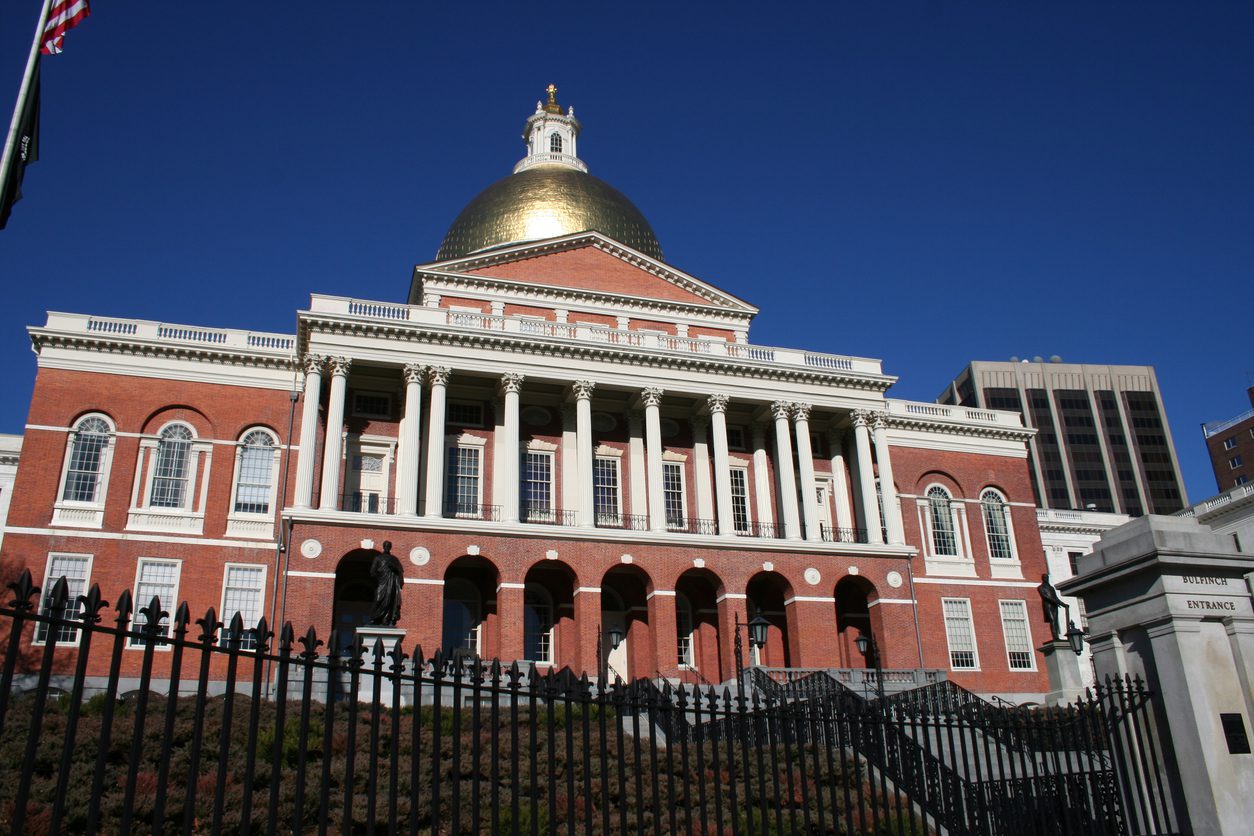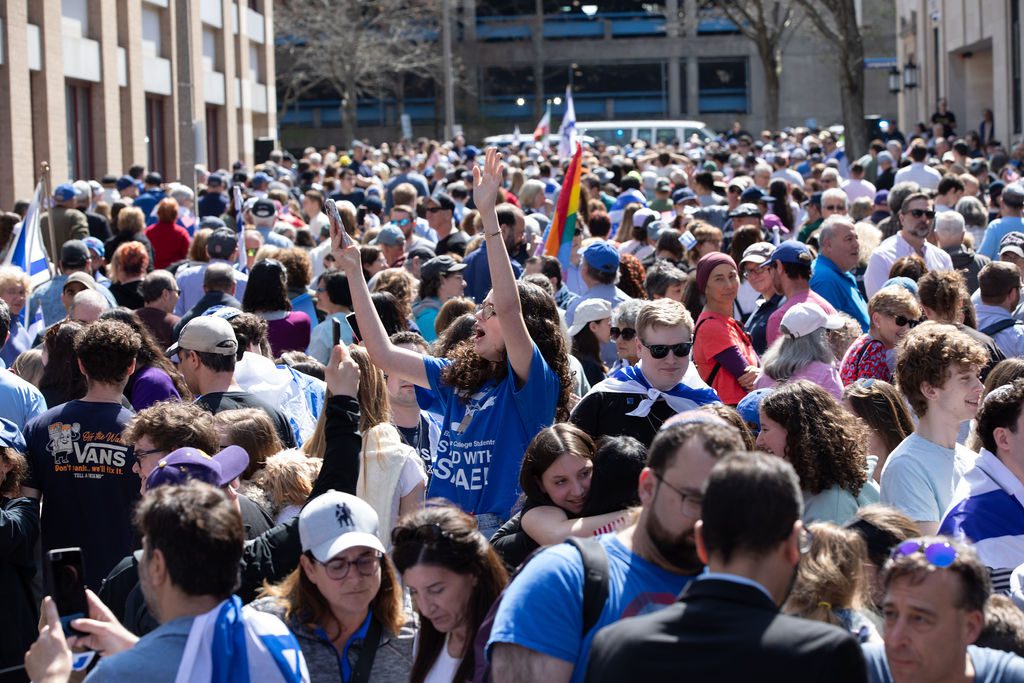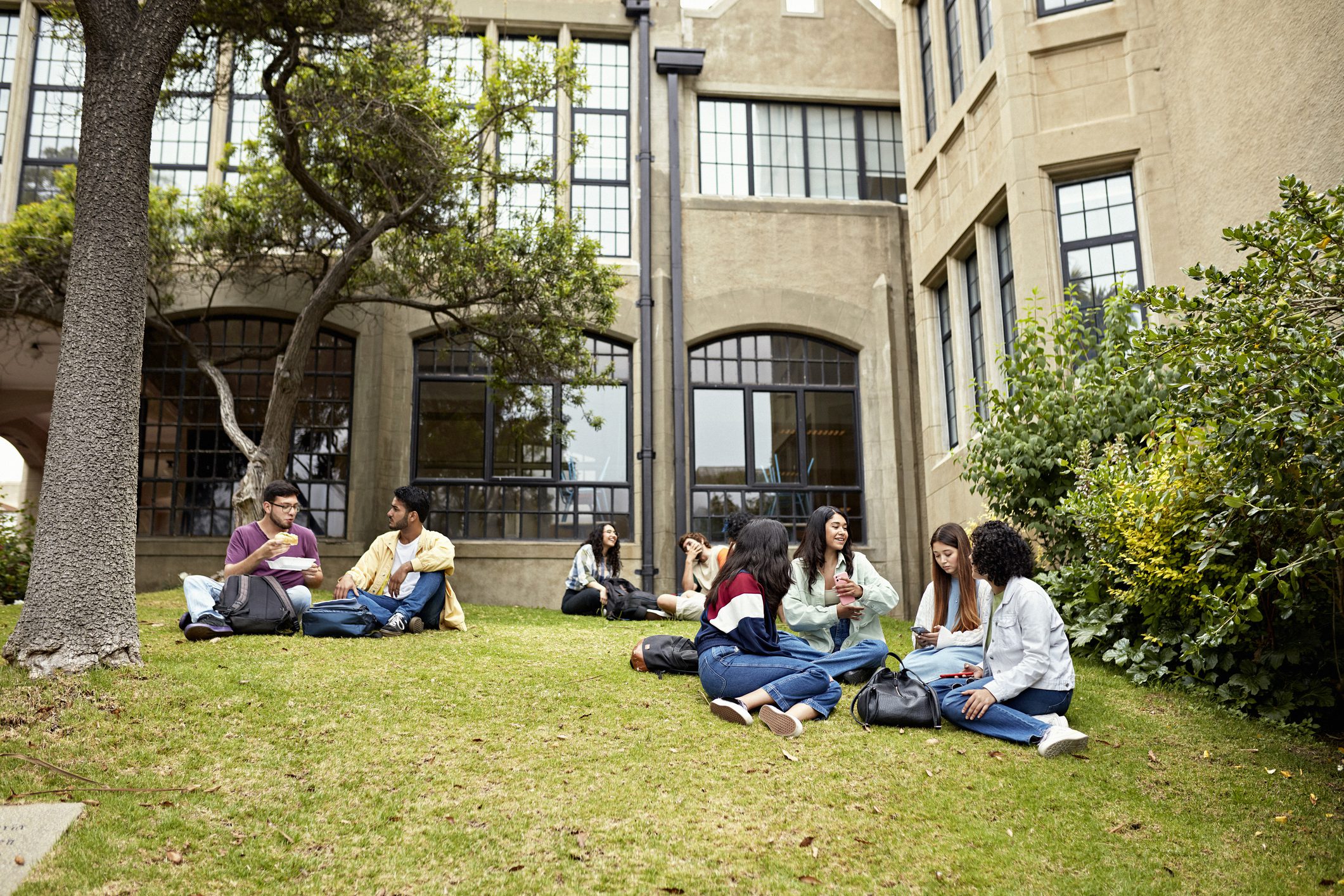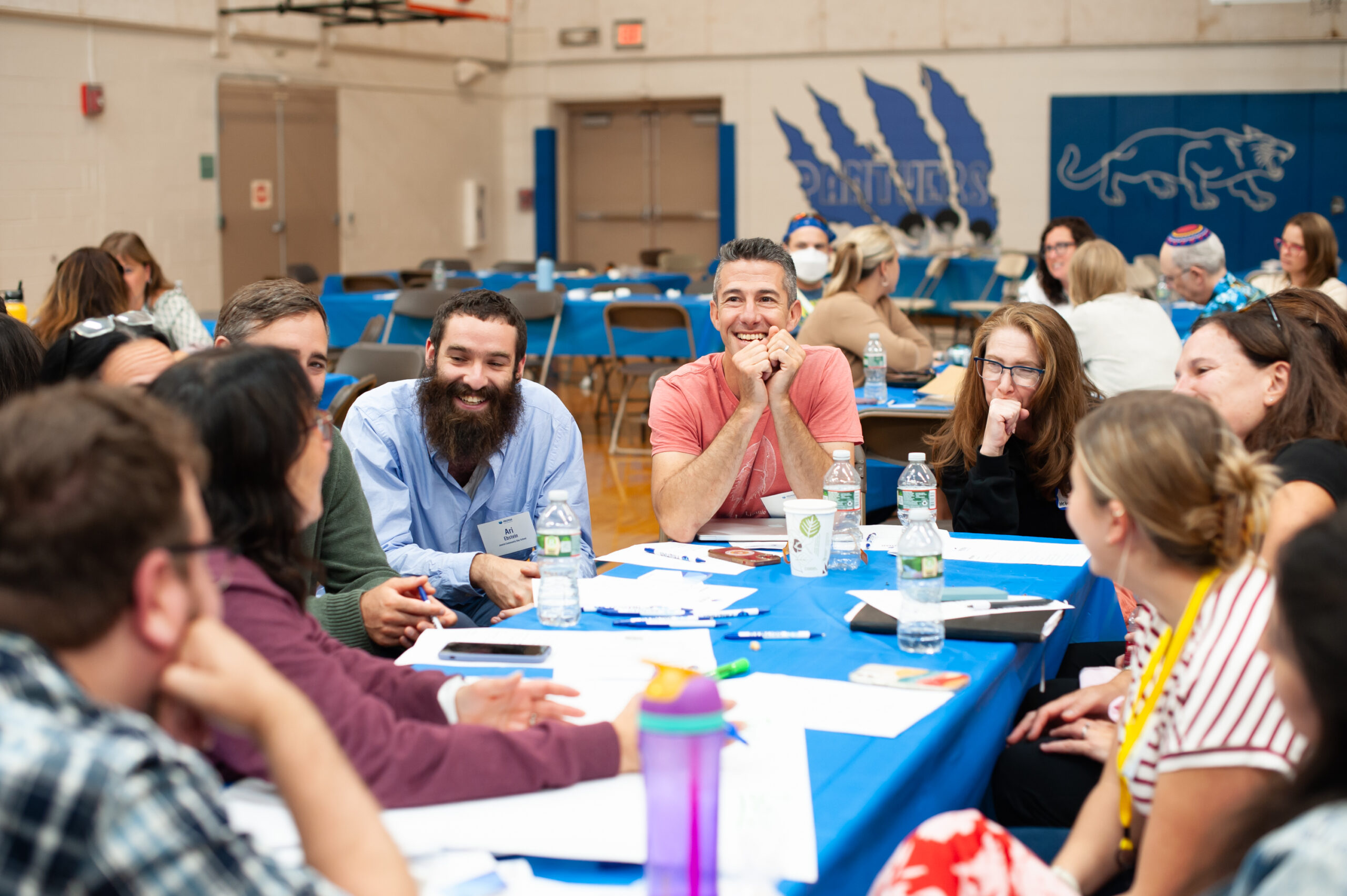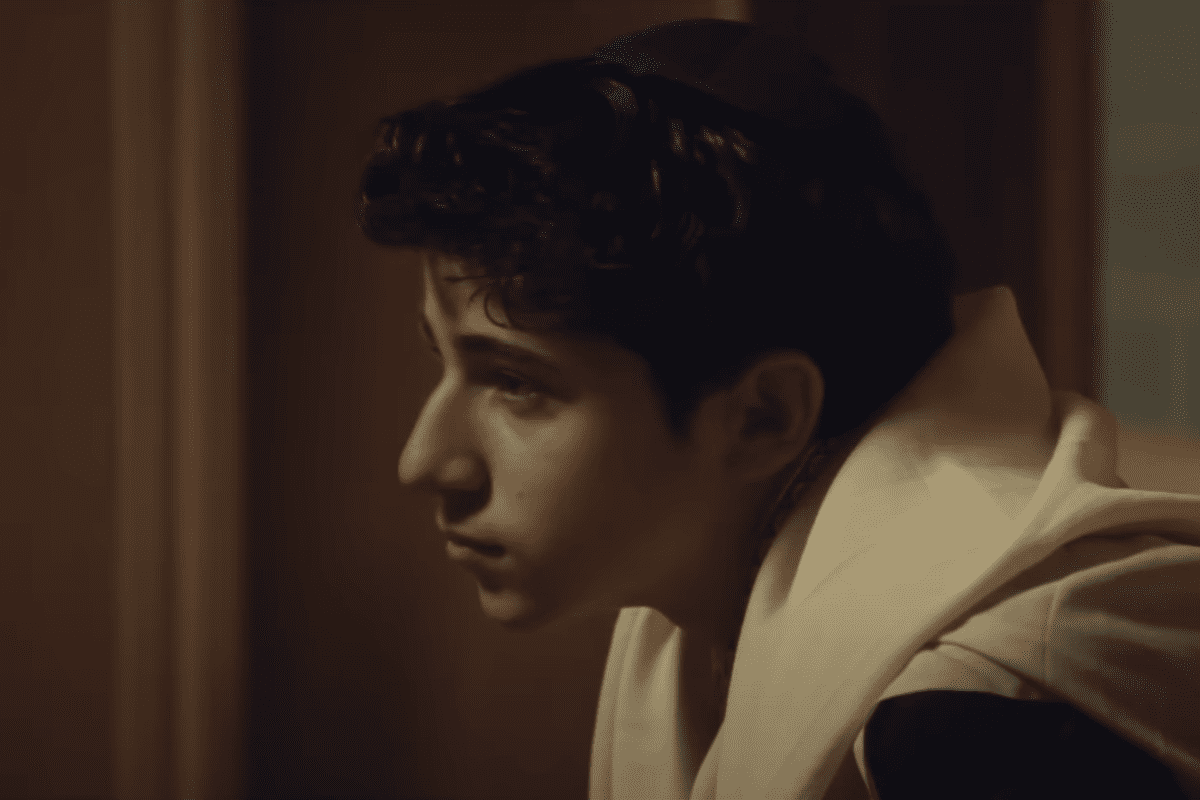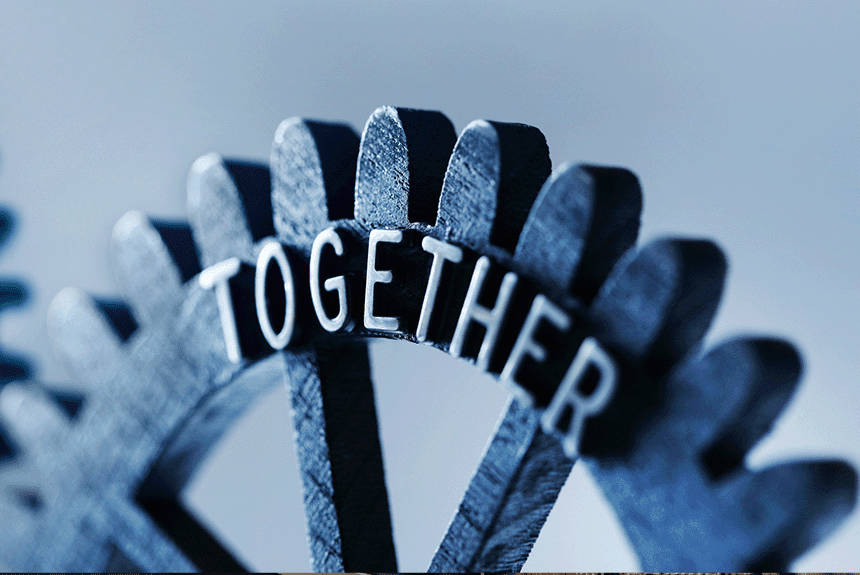By FayeRuth Fisher
As the representative for the Jewish Community Relations Council (JCRC) to Beacon Hill, this time of year I am focused on the FY25 state budget advocating on behalf of our collective priorities, including funding for nonprofit security grants, the genocide education trust fund and the other budget appropriations that support our incredible and diverse human service agencies. I spend a lot of time reporting back on how each of our budget priorities fared in the governor’s version of the budget, the Massachusetts House of Representatives budget and the Massachusetts Senate’s budget.
However, reflecting on the week of Senate budget debate, which concluded on Thursday, May 23, I want to share how it felt.
On Wednesday, May 22, I sat in the gallery of the Senate listening to the klezmer band Ezekiel’s Wheels followed by Majority Leader Cynthia Stone Creem and Senate Ways and Means Vice Chair Sen. Cindy Friedman read a resolution celebrating Jewish American Heritage Month. Senators from across the commonwealth and across parties stood behind Creem and Friedman while the resolution was read. Following the unanimous adoption of amendment 803, Senate President Karen Spilka spoke passionately about Jewish American contributions to the country, the commonwealth and about her own Jewish pride.
It was joyous to stand up and applaud with so many others from our community and beyond. Maybe even without knowing it right then, I took a breath for the first time in months that was free of anxiety, free of needing to hold any complexity in that moment and felt pure pride. Shortly after, I texted my dad—who came to this country as an unaccompanied minor on a refugee visa in 1940—that the Senate president, in a time of virulent antisemitism, led the Massachusetts Senate to affirm that we matter, we belong and that our stories are integral to the fabric of this country’s story.
Later that same night, those words turned to policy action, led by Sen. John Velis, someone JCRC has been building a relationship with for some time, to pass an amendment addressing antisemitism. Over the course of the last few weeks, we were engaged in conversation with the senator and other leaders about the content of the amendment to share our expertise and perspective. The amendment adopted broadly does two things: it directs the Department of Elementary and Secondary Education to provide resources to districts and teachers on antisemitism and other forms of bias and creates a task force on antisemitism to, among other charges, review the U.S. National Strategy on Countering Antisemitism and make recommendations on its implementation. Since the release of the strategy, we have been talking with elected officials across the state about its recommendations and opportunities for implementation, and launched our K-12 educational partnerships work focused on ensuring schools are safe, inclusive and welcoming for all students.
Several senators, Jewish and non-Jewish, rose to speak in support of the amendment and the need to address antisemitism explicitly. Listening to several of the non-Jewish senators speak, notably Sen. John Velis (1:26:45) and Sen. Lydia Edwards (2:07:53), I heard the model of allyship we so often name. Having a task force focus on antisemitism affords the opportunity to focus on strategies that can serve as a road map and can help us as a larger society make progress. It was a recent reminder of something I’ve heard from a lot of wise women—if faced with a problem, take it apart and address it one thing at a time, piece by piece.
In a time where we are flooded with terrible news and images, where antisemitism and extremism are at record levels, where communities’ feelings of isolation are easily exacerbated, last week strengthened my resolve that there is progress, and more to be made, with our elected allies in both the Massachusetts Senate and House of Representatives. It is a reminder to me that in these times, that in addition to the work in which we are entrusted to do, we must also pass on moments of light and hope to one another.
FayeRuth Fisher is the chief of public affairs and community relations for Jewish Community Relations Council of Greater Boston. With more than 20 years of experience in community organizing and advocacy, Fisher has focused on workforce and health care policy, electoral politics and leadership development. Prior to joining JCRC, Fisher was the political director for 1199SEIU in Massachusetts, the state’s largest health care workers’ union. Fisher has served on the boards of several community organizations and nonprofits, including the founding board of Emerge Massachusetts and Temple Isaiah in Lexington. She holds a master of social work degree from Simmons University, a BA from Hampshire College and was an organizing fellow through the Jewish Organizing Initiative (now JOIN for Justice).


